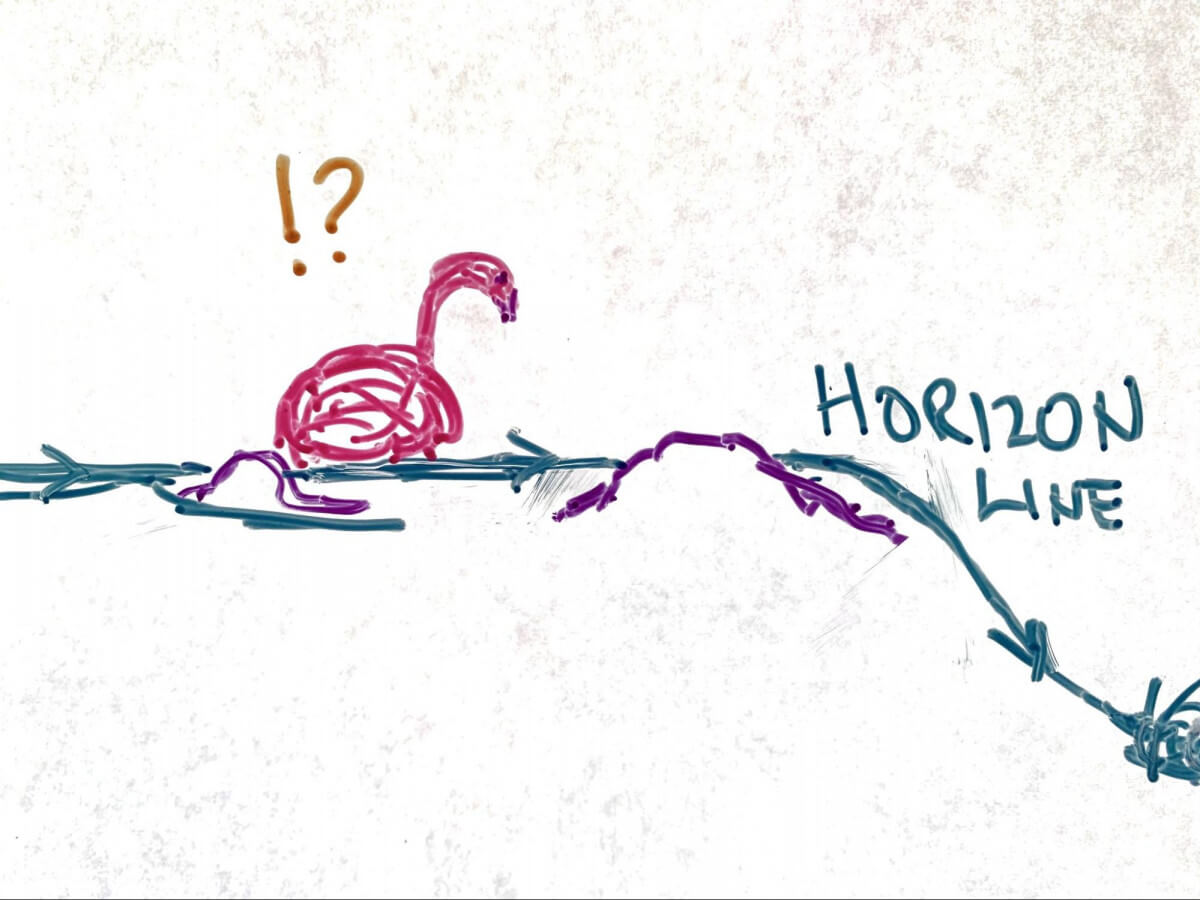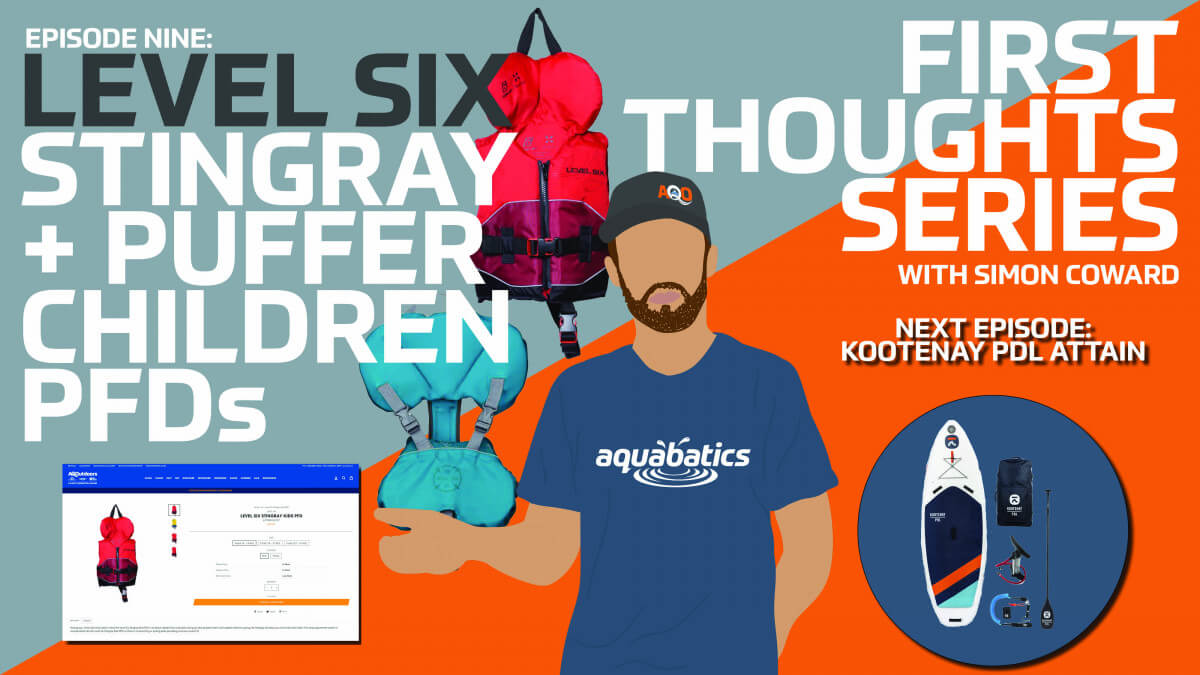New to the river?
If the weather cooperates, it’ll be the nicest day all season long.
Meeting up at the river edge you are nervous, but your friends’ warm smiles and encouragement keep you motivated.
What are these words...weird words.... suddenly you begin to realize their secret lingo is leaving you in the dark.
Eddy?? Wave train? Hole? ……………….
Whether you’re paddling mellow Class One or an adrenaline-filled continuous river, the terms are always the same.
Here is a list to help you read what lay ahead, and some simple “art work” for an easier explanation.
Keep these in mind when reading the river!
THE RIVER
DIRECTION
Above: upstream of an object. Pinkie, the flamingo, is upstream of the observer.
Below: downstream of an object . Pinkie is downstream of the observer.
Downstream: the direction with the flow of the current
Inside Bank: the opposing bank of the river’s corner where the current is flowing into
River Left: facing downstream, the left hand side of the river. The observer is on river left.
River Right: facing downstream, the right hand side of the river.
Outside Bank: the side of the river that the current is flowing into.
Upstream: further up the river, opposing the current
DESCRIPTION
Braided: a river splits into multi channels
Bony: shallow and rocky section of the river
High water: seasonal volumetric flows are at their highest
Low water: volumetric flows of the river are at their lowest
GEOGRAPHY
Bank: the land/slopes alongside the side of the river or lateral confines
Bed: the bottom of the river channel
Channel: an area that contains flowing water confined by banks
Put in: location on a river where the trip, expedition is to begin
Take out: location on a river where water crafts are to get off the water
FEATURES
Boils: are rising volumes of water from too much flow being forced into one spot. The water escapes upwards towards the surface.
Breaking wave: a standing river wave with enough velocity to curl back on itself and create a white foam pile
Crest: Top/peak of a wave
Downstream V: is a green flowing V formation in the river that usually is formed by two objects redirecting the flow into a narrower part of the river
Eddy: is formed by an object that redirects the flow of the river creating a void behind it. This void is back filled with an opposite flow to the current
Eddyline: is the oppositional current line that is formed by the down steam current and the backfilling eddy water
Greenwave: a non breaking wave. Usually formed by a narrowing of the river channel or by an increase in flow velocity over an obstacle in the river
Hole: is a circular hydraulic in the river. It is recognizable by the recirculating surface water that is headed upstream towards the object that formed the hole.
Horizon Line: is the beginning of a steep drop in the river. As seen the river appears to disappear to Pinkie.
Pillow: is usually formed against a solid object, it is on the upstream side where the water piles up against it.
Rapid:fast-flowing stretches of water formed where the river surface breaks up into waves because rocks are near to the surface
Seam: it a line where two currents meet, unlike an eddy line which has opposing currents
Wave train: is a rapid with multiple waves forming from greens waves to breaking waves
HAZARDS
Rocks: Obvious as to what a rock is on land, but in the river a rocky bottom can create potential foot entrapments, and impact spots. See Pinkie avoiding the rocks, and not standing up, stay afloat when you don’t know.
Strainer: Poor Pinkie… is an object usually wood but can be rock that has the river flowing through it.
Sweeper: are usually fallen trees that are close to the top of the water but not yet submerged.
These are only a handful of river terminology. It should be a good start to understanding the river and keeping in the plan of what your fellow paddlers are talking about.
Seek knowledge, adventure safely.
“Dreams don’t work unless you do”
Kimberley Kenyon
Badfish Team Athlete
AQ Outdoors Whitewater SUP and Splitboard Ambassador
Advanced and River 1 SUP Instructor Paddle Canada
@borntoboard.ca
AQ Outdoors Contact
Edmonton: (p) 780 463-4892 (e) info@aquabaticsedmonton.com
Calgary: (p) 403 288-9283 (e) info@aqoutdoors.com
















































































